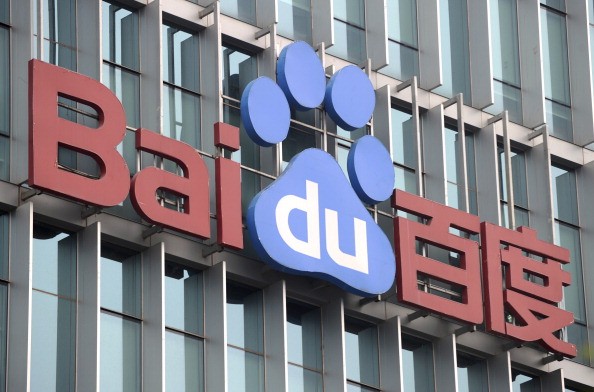Mid-ranking public relations and human resources specialists are appointed by some key China tech firms as head of their Communist Party committees. The reason: developing closer ties with the government.
Conventionally, the party chief heads the company, particularly in state-owned firms.
Party committees within organizations have been set up by many Internet companies in mainland China. This is in line with the goal of the party top leadership to build up its presence and execution of its policies in the business.
On March 17, the Beijing Internet Association held a meeting which was attended by the party heads of 35 Beijing-based tech and Internet companies. The chiefs reported their work on party building within their firms.
Qianlong.com, a Beijing government news portal, reported on the meeting. However, the portal did not reveal all the names of those who were in attendance.
Many of the party committee heads are responsible for their companies’ public affairs or human resources departments.
For example, Sohu’s Yi Zeng is in command of the company’s public and government relations. Yi joined the web portal in 2000.
Another is Baidu’s media and government affairs head Zhu Guang, who joined the search engine giant in 2008.
Wang Xiang, on the other hand, is Weibo’s public affairs general manager.
According to Liu Kaiming, head of the Institute of Contemporary Observation in Shenzhen, the significance of the party committees differs on the nature of the enterprise – whether it is state-owned or private.
“The party head of a state-owned company is the top leader of the firm,” Liu said.
“But a private or multinational company would only see an internal Communist Party committee as a way to woo local authorities into a closer relationship,” he added.
Usually, the party committee of a private company does not have a great business management impact. This is the reason why most private and foreign companies appoint HR or PR director as internal committee head.
Zeng announced at the meeting that Sohu was initiating a campaign to learn the party charter.
The total number of NetEase’s party members reached 223 last year, 6.4 times greater than in 2015, the company’s party committee deputy head Wen Gao said.
On the contrary, tech giants such as Huawei and ZTE were maintaining their party committee’s low profile, according to Liu. These companies were expanding their business abroad.
“It’s not good for building up their international image if they have strong state involvement,” Liu said.
With PR and HR specialists as Communist Party chiefs, China tech companies are hoping closer ties with the government.




























